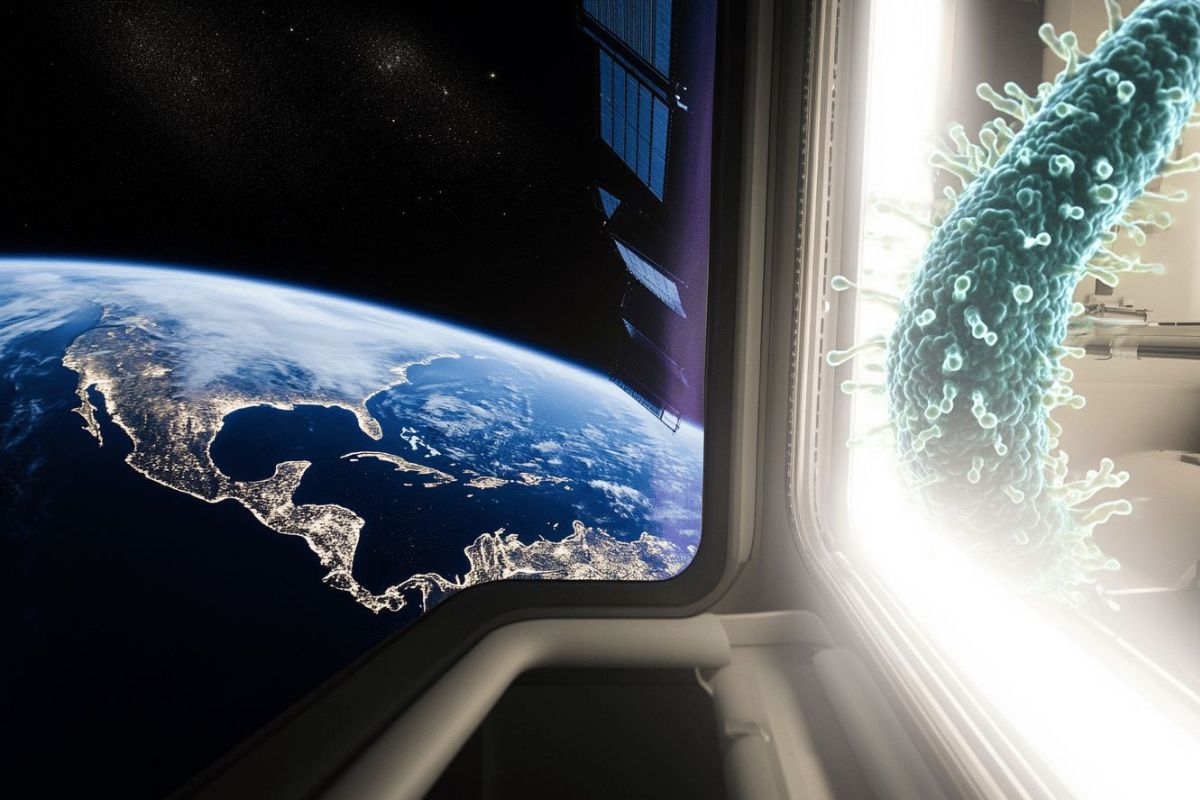Unbelievable Discovery: New Bacterium Found on Chinese Space Station!













2025-10-01T02:21:00Z

Imagine a microscopic life form, never before seen on Earth, thriving in the depths of space! This isn't science fiction; it's a reality unfolding aboard the Chinese space station, Tiangong.
In May 2023, during a routine mission by the Shenzhou-15 crew, scientists made a jaw-dropping discovery: a brand-new bacterium named Niallia tiangongensis. This tiny organism, born in orbit, is stirring up excitement and concern in scientific circles.
As part of the China Space Station Habitation Area Microbiome Program (CHAMP), researchers found that the microbiome aboard Tiangong is drastically different from that of the International Space Station (ISS). While microbes typically thrive on human presence, this new bacterium showcases remarkable functional and genetic diversity, having adapted to the harsh realities of space, including microgravity and radiation.
What’s particularly fascinating about Niallia tiangongensis is its unexpected ability to break down gelatin for nitrogen and carbon—an essential process for surviving in such extreme settings. It has evolved from its relative, Niallia circulans, a soil bacterium once linked to pathogenic risks, showcasing nature’s incredible adaptability.
However, this discovery is not without its challenges. While it remains unclear if this bacterium poses any direct threat to astronauts, its similarities to bacteria associated with severe infections have scientists on high alert. The potential for antibiotic resistance and the risk of microbial proliferation threaten not only human health but also the integrity of sensitive equipment on the station.
This revelation is a reminder of the complexities surrounding life in space. As we prepare for missions to the Moon and Mars, understanding how these organisms evolve in closed environments becomes critical. The story of Niallia tiangongensis is just the beginning; it highlights the fact that as we stretch our reach into the cosmos, we may not be as alone as we thought. Microorganisms could play pivotal roles in both the success and challenges of our future space explorations.
 Hans Schneider
Hans Schneider
Source of the news: Evidence Network